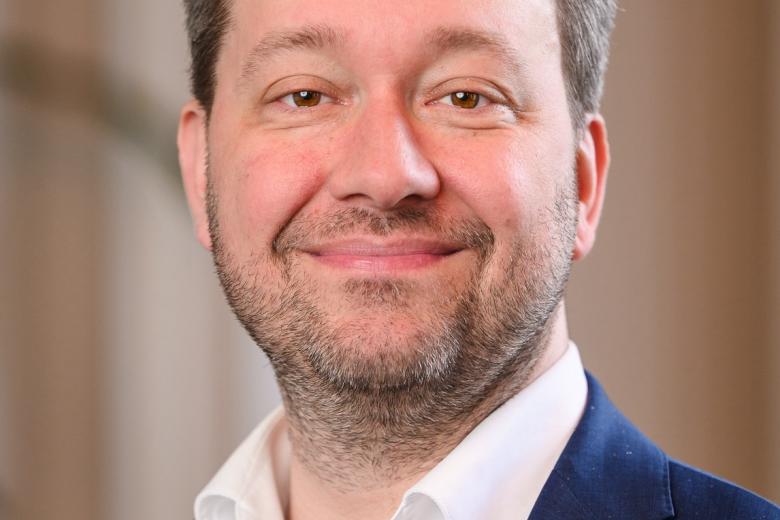Completion of the Maastricht Project on European Contract Law 2013
Thoughts on the outcome of the negotiation session performed by students where they combined an academic EU perspective on private law rules for the EU internal market, with a political perspective of a Member State.
A few weeks ago I posted on the Maastricht Project on European Contract Law that M-EPLI resident PhD Fellow William Bull and I have been running with approximately 120 enthusiastic undergraduate (bachelor) students at Maastricht University. I wrote then on the complicated setup of the project where students combine an academic EU perspective on optimal private law rules for the EU internal market, with a Member State political perspective on the current developments on the other hand.
Although complex in its organisation, on Tuesday 11 June 2013 these students presented their views as well as participated in a negotiating session on topics basically corresponding to the major chapters in Annex 1 of the Commission’s proposal for a Regulation on a Common European Sales Law (CESL). Students considered rules on formation of contracts, interpretation, gap filling, remedies for breach of contract, withdrawal, damages, unfair terms and prescription, but also, not directly in the current proposal, retention of title, transfer of ownership and digital content. Moreover, a group of student examined the fundamental rights dimension of the proposal.
The day was a great success and everyone exceeded everyone’s expectations. Everyone realised that the theoretical knowledge they have – for example on EU law, legislation and decision making, as well as on substantive contract law – could be put in practice here. The negotiation seminar’s the students had followed came to perfect use when they discovered the difficulties in maintaining a national viewpoint while also seeking to compromise on rules that benefit the internal market.
Content-wise the results were very refreshing, and directly show the current problems of CESL at the Council level. There are so many different viewpoints on so many different matters, even beyond the regular debate on subsidiarity, legal basis and the optional character of the rules, that reaching a compromise is very very difficult. Moreover, the experiment also shows that changing the scope of application, such as restricting it to digital content, requires a rethinking of many of the rules that are currently in the proposal. Just by way of an example, how can a song purchased on iTunes be ‘delivered’ or what are the effects of withdrawal from a contract when the digital content has already been installed on the recipients computer, etc.
The project also shows that undergraduate students – these were second and third year students – behave very well in such an environment. These students are very able to work independently, without any prescribed literature on a specific topic. Each weak, students answer a different question or set of questions, such as making a comparative overview of at least three Member States, describing existing EU (case) law in their respective areas, identifying underlying policy issues and developing rules and improvements to the current rules. Each week they presented their findings to the other students, receiving critical feedback from myself or William Bull and the other students. No written exams, just the paper and the presentations/negotiations I have just mentioned.
Maastricht University is known for its approach to teaching. The problem based learning method (PBL) is at the heart of the the University. It is obvious that the application of a PBL method is not always easy, especially not in a comparative setting. However, the Maastricht Project is continuing evidence that we are innovating our method and that students respond very well to such large challenges.
The project will certainly continue and we plan to run it again – in similar form – next year. Of course I (and all of us at M-EPLI) remain very open to collaborate, discuss or even debate these matters with anyone!
B. Akkermans
Bram Akkermans is Professor of Property Law. Bram specialises in sustainability and property law and combines property theory with constitutional property and property doctrine to explore how property law can accommodate sustainable thinking.

-
Maastricht Project on European Contract Law 2013
Course on European Contract Law - how has it been in the past 5 years?
